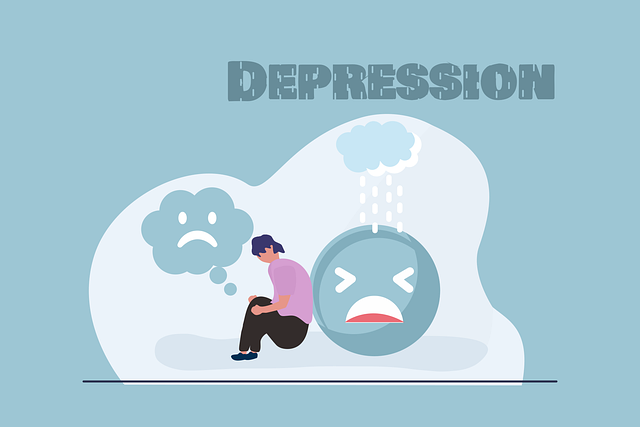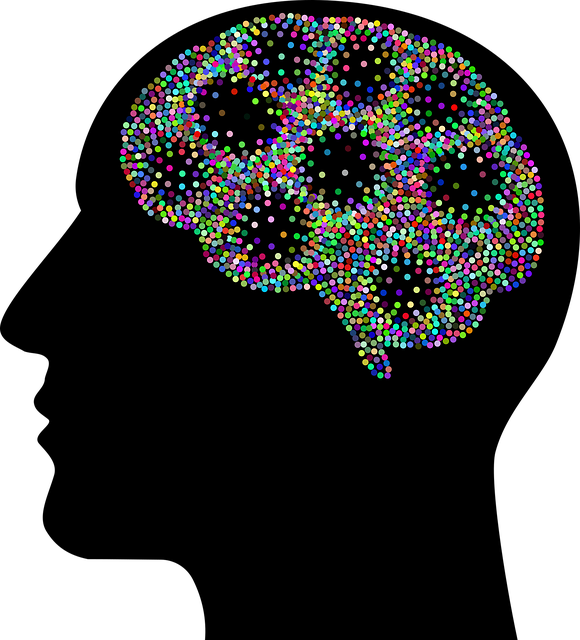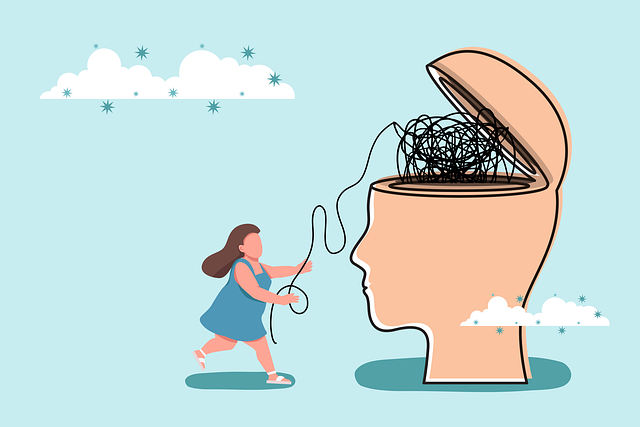Denver Mandarin Chinese Speaking Therapy offers a unique blend of language skills training and cultural sensitivity education tailored for individuals with mental health conditions. This transformative approach enhances communication, builds relationships, and fosters a sense of belonging within the diverse Denver community. By addressing social challenges through culturally sensitive practices, mindfulness techniques, and practical tools, the program empowers clients to navigate social interactions successfully while improving overall mental wellness.
Social skills training is a powerful tool in supporting individuals with mental health conditions, fostering better relationships, and improving overall well-being. This comprehensive guide explores the significance of social skills and their impact on mental health, highlighting the unique approach of Denver Mandarin Chinese Speaking Therapy. We’ll delve into common challenges faced by those with mental health issues in social interactions, present effective communication strategies, and share inspiring success stories from real-life transformations through this specialized training.
- Understanding Social Skills and Their Impact on Mental Health
- The Role of Denver Mandarin Chinese Speaking Therapy in Social Skills Training
- Identifying Challenges: Common Mental Health Conditions and Social Interaction
- Strategies for Effective Communication and Relationship Building
- Practical Applications and Success Stories: Transforming Lives Through Social Skills Training
Understanding Social Skills and Their Impact on Mental Health

Social skills are a crucial aspect of our daily lives, influencing how we interact with others and navigate various social settings. For individuals living with mental health conditions, understanding and cultivating these skills can significantly impact their overall well-being. In Denver, where cultural diversity thrives, such as in the growing Mandarin Chinese-speaking community, recognizing the importance of social skills training is essential. This therapeutic approach goes beyond traditional talk therapy, focusing on practical strategies to enhance communication, build relationships, and manage social interactions effectively.
By participating in social skills training, individuals can develop self-confidence and improve their self-esteem, which are vital components for managing mental health. It empowers them to engage in conversations, initiate friendships, and participate in community activities with greater ease. For example, a Denver Mandarin Chinese speaking therapy program tailored to these needs could provide a safe space for clients to practice social cues, learn nonverbal communication, and develop culturally sensitive strategies, fostering a deeper sense of belonging and connection within their community. Public awareness campaigns development around mental health and social skills can further reduce stigma and encourage individuals to seek support and embrace a more inclusive social environment.
The Role of Denver Mandarin Chinese Speaking Therapy in Social Skills Training

Denver Mandarin Chinese Speaking Therapy offers a unique approach to social skills training by integrating language and cultural aspects tailored to the specific needs of individuals with mental health conditions. This therapy recognizes that effective communication is a cornerstone of building and maintaining social connections, especially in diverse communities. By combining traditional therapeutic techniques with the wisdom from East Asian cultures, it fosters an inclusive environment where participants can develop inner strength and enhance their social interactions.
The program’s effectiveness lies in its Community Outreach Program Implementation, which bridges the gap between therapy and real-world applications. Crisis Intervention Guidance is also a key component, equipping individuals with strategies to navigate challenging social situations. Through engaging activities and discussions, the therapy encourages open communication, emotional expression, and cultural sensitivity, ultimately promoting holistic well-being.
Identifying Challenges: Common Mental Health Conditions and Social Interaction

Many individuals living with mental health conditions face challenges when it comes to social interactions due to symptoms and stigma. According to research, conditions like depression, anxiety disorders, and schizophrenia can significantly impact an individual’s ability to engage in meaningful social connections, which is crucial for overall well-being. For instance, social withdrawal and feelings of isolation are common among those battling these conditions, often leading to a vicious cycle where loneliness exacerbates symptoms.
In the context of Denver Mandarin Chinese speaking therapy, addressing these challenges requires a nuanced approach. Cultural sensitivity in mental healthcare practice is essential, as language and cultural background can influence how individuals express and cope with distress. Healthcare provider cultural competency training plays a vital role here, enabling professionals to offer tailored support that considers the unique experiences of linguistically diverse communities. Emphasizing emotional well-being promotion techniques, such as mindfulness and social skills training, can empower clients to navigate social situations more comfortably, thereby fostering a sense of belonging and improving their overall mental health outcomes.
Strategies for Effective Communication and Relationship Building

In social skills training, particularly tailored for individuals managing mental health conditions, effective communication and relationship building are cornerstone strategies. At Denver Mandarin Chinese Speaking Therapy, we emphasize the importance of clear, assertive, and empathetic communication. This involves active listening, understanding non-verbal cues, and practicing open dialogue to foster genuine connections. By cultivating these skills, individuals can navigate social interactions with confidence, reducing anxiety and improving overall well-being.
Relationship building is another key component of our therapy approach. We guide clients in developing supportive networks by teaching them to initiate and maintain conversations, express their needs, and set boundaries respectfully. Moreover, we integrate stress management techniques and crisis intervention guidance into these sessions, promoting self-care routine development for better mental health. Through role-playing scenarios and group discussions, individuals learn practical tools to handle challenging situations, ultimately enhancing their ability to build and maintain meaningful relationships.
Practical Applications and Success Stories: Transforming Lives Through Social Skills Training

Social Skills Training has proven to be a transformative tool for individuals navigating mental health conditions. Beyond traditional therapy, this hands-on approach empowers clients with practical applications that enhance their everyday interactions and overall mental wellness. By focusing on emotional intelligence and conflict resolution techniques, trained therapists create a safe space for practice and growth.
In Denver, where Mandarin Chinese speaking therapy is available, social skills training has yielded remarkable success stories. Many individuals who once struggled to connect with others have gained confidence in social settings. These transformative journeys often involve learning effective communication strategies, mastering body language cues, and developing coping mechanisms for stressful situations. Through consistent practice, clients not only improve their relationships but also build resilience to manage challenges related to anxiety, depression, and other mental health conditions.
Social skills training, as demonstrated by innovative approaches like Denver Mandarin Chinese Speaking Therapy, plays a pivotal role in managing mental health conditions. By focusing on communication and relationship-building strategies tailored to individual needs, this training empowers individuals to navigate social interactions with greater confidence. The success stories highlighted throughout this article underscore the transformative potential of such programs, offering hope and improved quality of life for those facing various mental health challenges.














